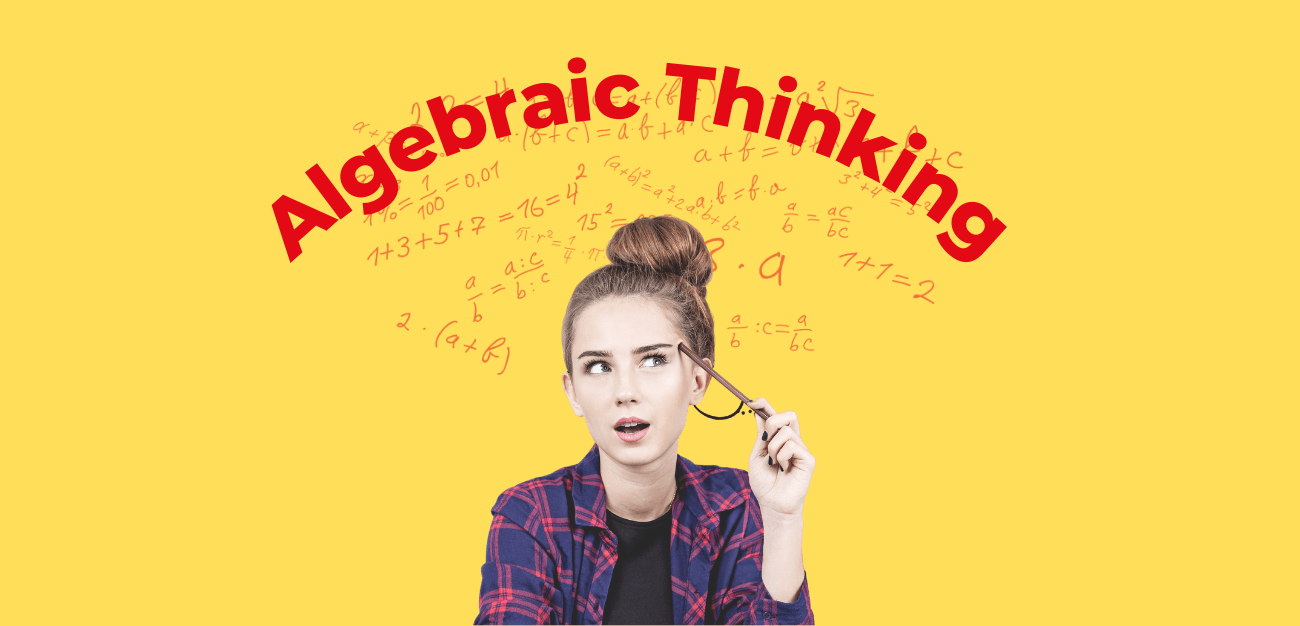It’s easy to feel daunted when thinking about algebra, with its perplexing symbols and equations that seem like a foreign language. But much of the fear surrounding algebraic thinking is simply due to unfamiliarity; if your child can get to know it better, chances are good they might just find themselves reaching for those numeric symbols more often than you’d expect! Today we will be your algebra tutor and tackle this mysterious branch of mathematics, demystifying the basics so that your child’s first steps into algebra can be taken with confidence.
Understanding Patterns In The World
Algebra is a unique and important branch of mathematics. It involves the manipulation of numbers, symbols, and equations in order to solve multi-variable problems. Algebra helps us determine what a value might be if we are given certain pieces of information or what probability any given event may have. This makes it an extremely useful tool for those wanting better to understand the patterns in the world around them.
After developing an understanding of algebra’s basic principles, students can then develop these skills further to solve increasingly complex equations, making it an incredibly valuable set of tools for anyone to possess.
Analytical Problem Solving
Algebraic thinking can be thought of as analytical problem solving, as it is a way of using algebra to look at abstract relationships and solve equations. It involves understanding algebraic rules, comprehending algebraic notation, reasoning algebraically, and connecting algebra with real-world situations.
In addition, algebraic thinking requires the use of logical deduction to draw conclusions from given information. Ultimately, this type of thinking requires understanding patterns and relationships often hidden beneath the surface. When practiced correctly, algebraic thinking can provide powerful insights into complicated problems that would otherwise remain unknown.
Algebra In Everyday Life
Algebra is a useful tool for carrying out calculations in everyday life. It can help us solve problems such as estimating the cost or duration of something, which can be incredibly helpful when making financial or time-related decisions. For example, algebra can calculate the lowest price possible on a product and determine how long it will take to travel a certain distance. Although algebra may initially seem intimidating, learning how to apply algebraic concepts and equations can be beneficial.
The first and most important tip to remember is that every student has the capacity to learn how to think algebraically if provided with supportive instruction and helpful tools. To give students the confidence they need to tackle algebraic concepts, teachers and parents should emphasize the importance of problem-solving and explain that algebra is essentially a language made up of symbols used to make sense of our world.
With this new frame of reference in mind, algebra can become easier for students as they gain more practice working through problems step-by-step. By having a clear plan for introducing algebraic material and providing ample opportunities for practice and feedback, teachers and parents have the power to give children the resources they need to think algebraically confidently.
How To Start Thinking Algebraically
The focus of algebraic thinking should begin with operations and processes rather than numbers and computations. When algebra is studied this way, the rules for manipulating numbers and letters in equations aren’t confusing but are instead a natural extension of what students know about the equation.





